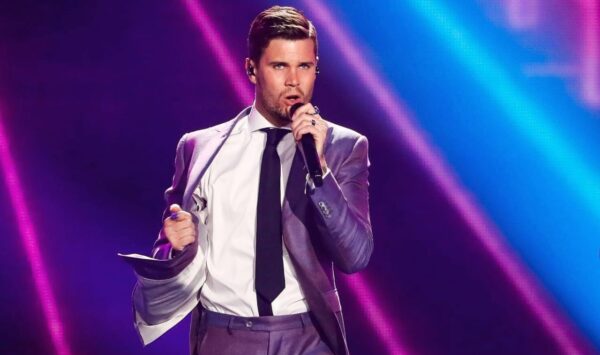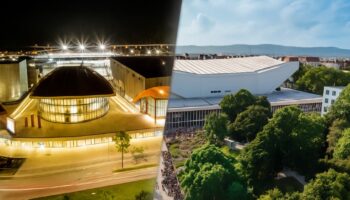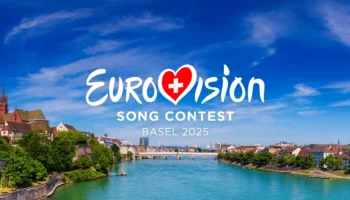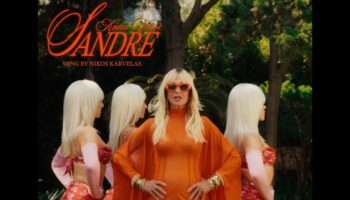Pleasant news is around for the Icelanders today! Robin Bengtsson, the 2017 Melodifestivalen winner and Swedish Eurovision entrant will honor with his presence the national final of the country Söngvakeppnin, set to take place on 3 March at the Laugardalshöll arena.
Melodifestivalen honors Söngvakeppnin
It’s more than sure that Robin Bengtsson’s guest appearance will make the show even more exciting, as he and his pop Eurovision entry I can’t go on, have been extremely popular on the island of the North Atlantic Ocean. The song has been featuring the top postitions of the Icelandic charts for a long time before and after the 2017 Eurovision Song Contest.
Here is Robin performing in the Melodifestivalen 2017 Grand Final:
For the 3rd consecutive year, a former Melodifestivalen winner appears in a Söngvakeppnin final, following the performances of Loreen and Måns Zelmerlöw in 2016 and 2017, respectively. If anything, this proves the strong relations between the two Scandinavian nations.
Below you may watch the two Eurovision winners performing their victorious entries in Reykjavik:
Who will take part?
One week ago, on 19 January, the Icelandic national broadcaster RÚV unveiled the names of the entrants and the songs of Söngvakeppnin 2018. Between them is the one act that is going to win the whole competition and get the chance to fly the country’s flag in Lisbon.
The candidate acts are the following:
- Áttan – Hér með þér/Here for you
- Stefanía Svavarsdóttir, Agnes Marinósdóttir & Regína Lilja Magnúsdóttir – Svaka stuð/Heart attack
- Aron Hannes – Golddigger/Gold digger
- Þórunn Antonía – Ég mun skína/Shine
- Heimilistónar – Kúst og fæjó
- Þórir Geir Guðmundsson & Gyða Margrét Kristjánsdóttir – Brosa/With you
- Tómas Helgi Wehmeier & Sólborg Guðbrandsdóttir – Ég og þú/Think it through
- Ari Ólafsson – Heim/Our choice
- Dagur Sigurðarson – Í stormi/Saviour
- Guðmundur Þórarinsson – Litir/Colours
- Rakel Pálsdóttir – Óskin mín/My wish
- Fókus hópurinn – Aldrei gefast upp/Battleline
Besides Heimilistónar, all contestants have recorded both an Icelandic and English version of their songs. During the semi-finals, each entrant has to interpret his/her entry in the national language, whilst the 6 finalists will perform their entries in the language they intend to use at Eurovision.
The two semi-finals of the competition will take place in 10 and 17 February, with the final being held two weeks later, on 3 March.




